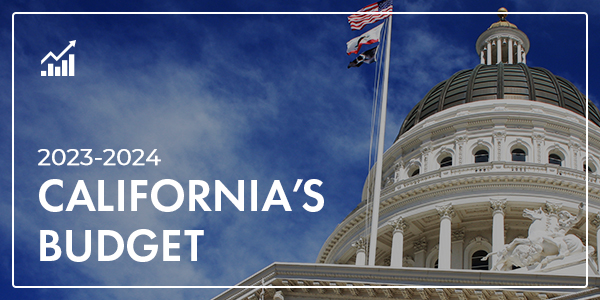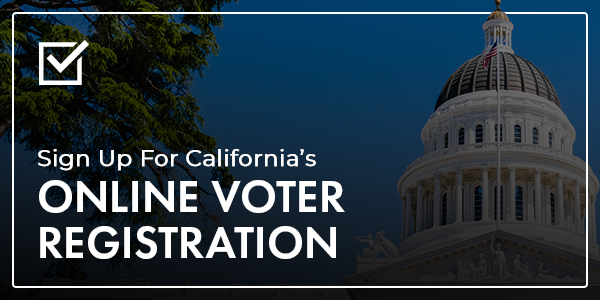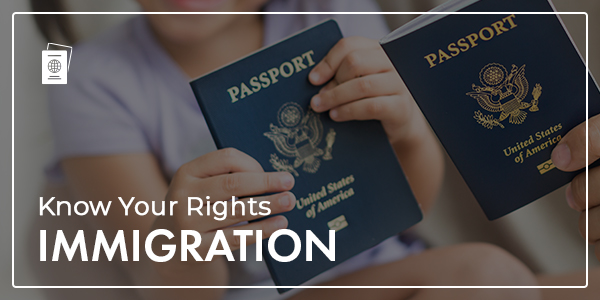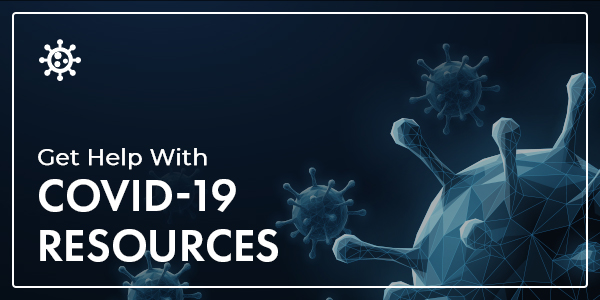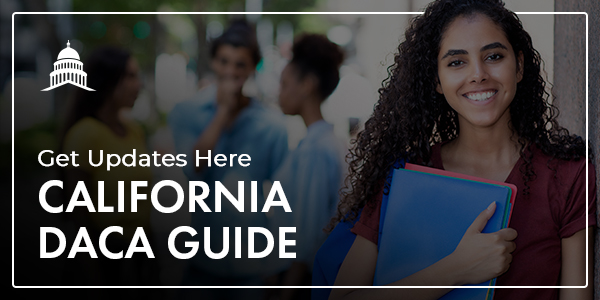Protecting Yourself Against Coronavirus
Dear Friend and Neighbor,
I am writing now to update you on actions and precautions the state of California is taking in response to COVID-19, the new coronavirus, along with recommendations for you and your family.
The health risk in our state from COVID-19 remains low, and state and local health officials are coordinating to keep Californians safe should the risk of infection to the general public increase. The California Department of Public Health (CDPH) and other state agencies are actively coordinating with the Centers for Disease Control and Prevention (CDC) and local health departments.
As of the morning of March 5, there were a total of 60 confirmed cases of COVID-19 in California, including the first death from the disease in the state. The fatality was a person from Placer County who had been a passenger on a cruise from San Francisco to Mexico in February. According to a report issued from Gov. Newsom's office, that cruise ship is now quarantined off the coast of San Francisco after a trip to Hawaii.
On March 4, Gov. Newsom acted to make additional state and federal resources available by declaring a state of emergency. This declaration also formalizes emergency actions already underway across multiple state agencies to help California prepare for any broader spread of COVID-19.
To date, 14 California public health labs have received close to 6,000 CDC test kits and have begun testing. Each kit allows medical personnel to conduct several hundred tests. For Californians on Medi-Cal, the test is free; the test is also covered under private health insurance.
According to the Centers for Disease Control and Prevention, of those who have tested positive for COVID-19 around the globe, approximately 80 percent do not exhibit symptoms that would require hospitalization.
Because the virus is so new, there are no approved medications nor a vaccine to treat it. Here are a number of things you can do to protect yourself and those around you:
- Wash your hands with soap and water for at least 20 seconds, about the time it takes to sing "Happy Birthday" two times.
- You can also clean your hands with an alcohol-based hand sanitizer that contains at least 60% alcohol.
- Avoid touching eyes, nose, or mouth with unwashed hands.
- Stay home if you are sick with respiratory symptoms, like fever and cough.
- When coughing or sneezing, cover your nose and mouth with a tissue, or cough into your elbow or shoulder if no tissue is available. Discard tissue and wash your hands.
- Clean and disinfect frequently touched objects and surfaces.
- A facemask is primarily useful to protect others from getting sick. So if you or a loved one are coughing or sneezing, that's the time for a facemask, to protect others!
- If you or a family member experience symptoms of COVID-19, call your health care provider first before seeking medical care so that appropriate precautions can be taken.
For more information, you can check out these websites: the federal CDC website on COVID-19, and our state and county Public Health department websites: the CDHP, LA County Department of Public Health.
In the meantime, the same good practices, frequent hand washing and staying home when you are sick, that help limit the spread of colds or the flu, can help limit the spread of COVID-19.


